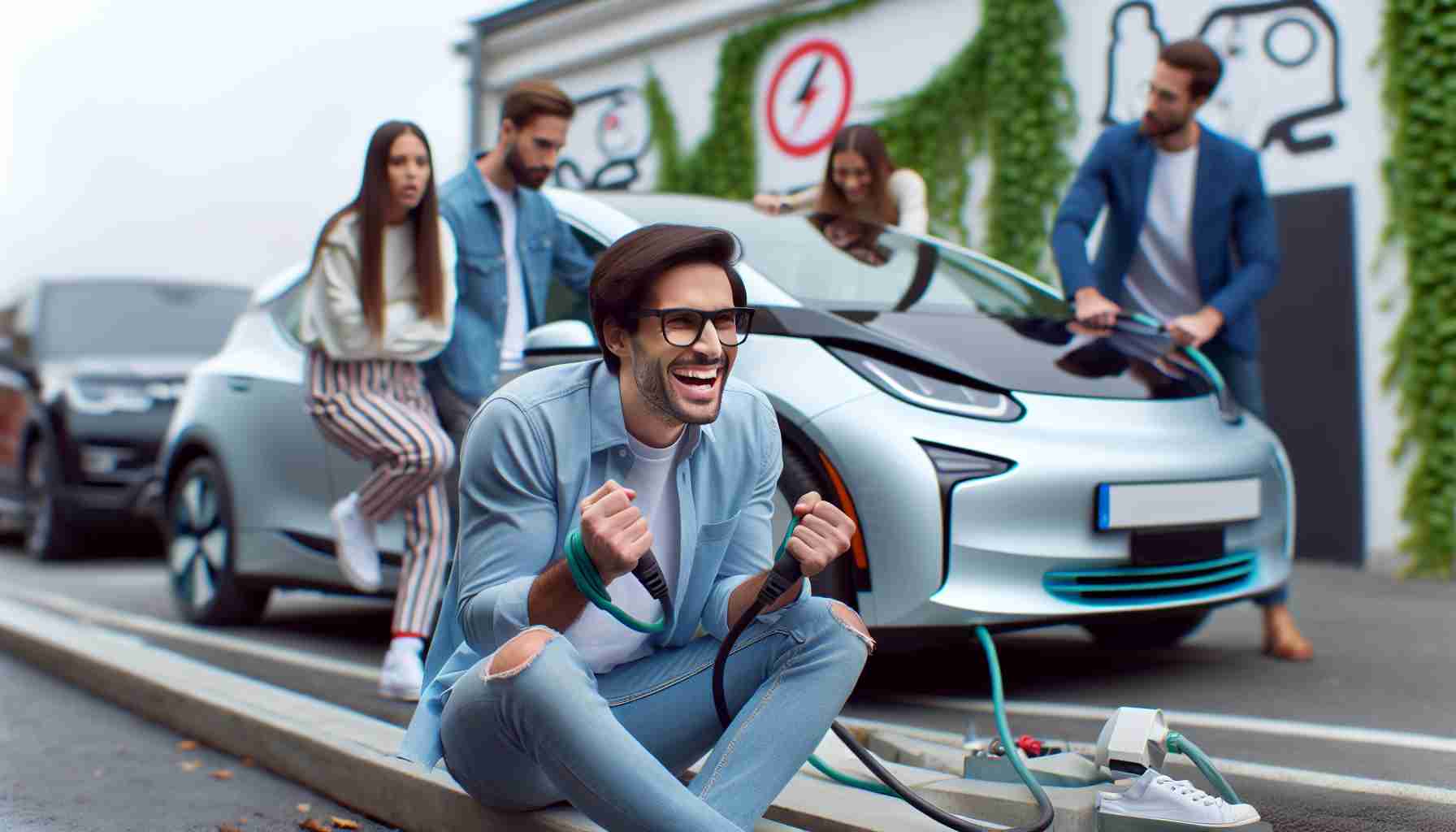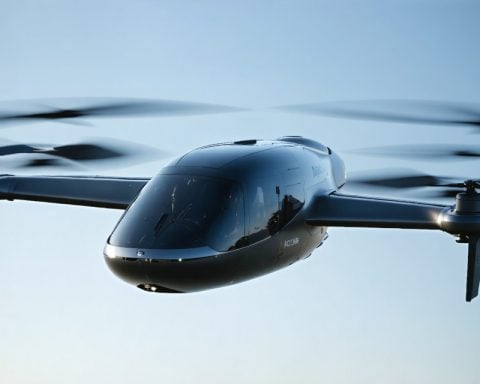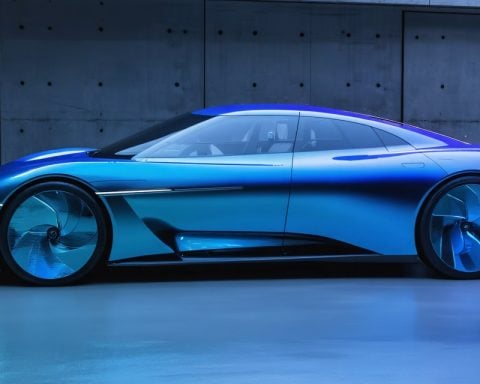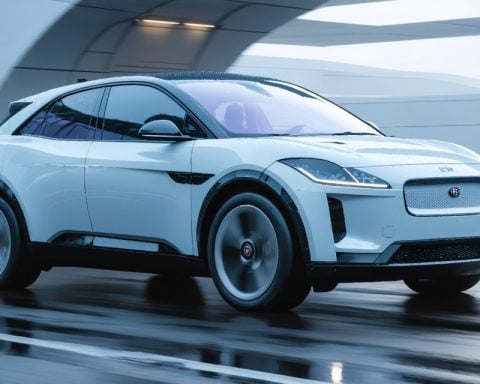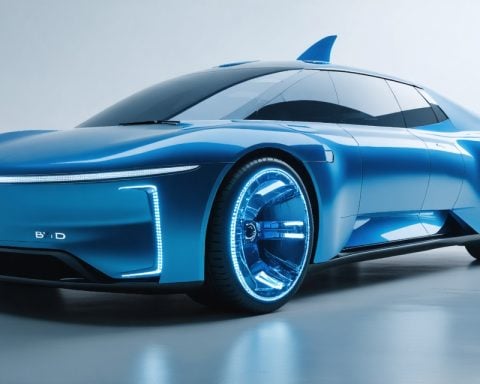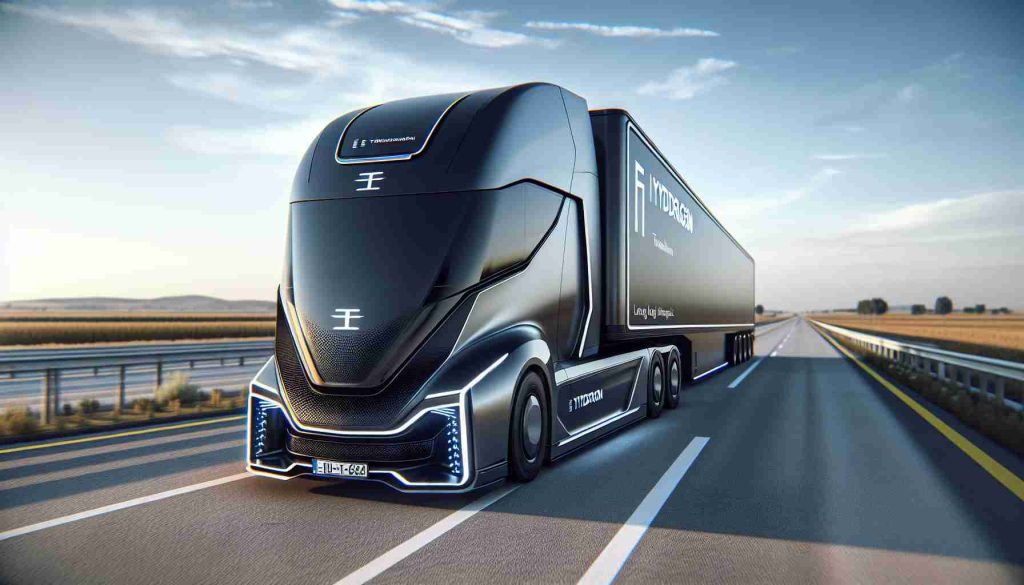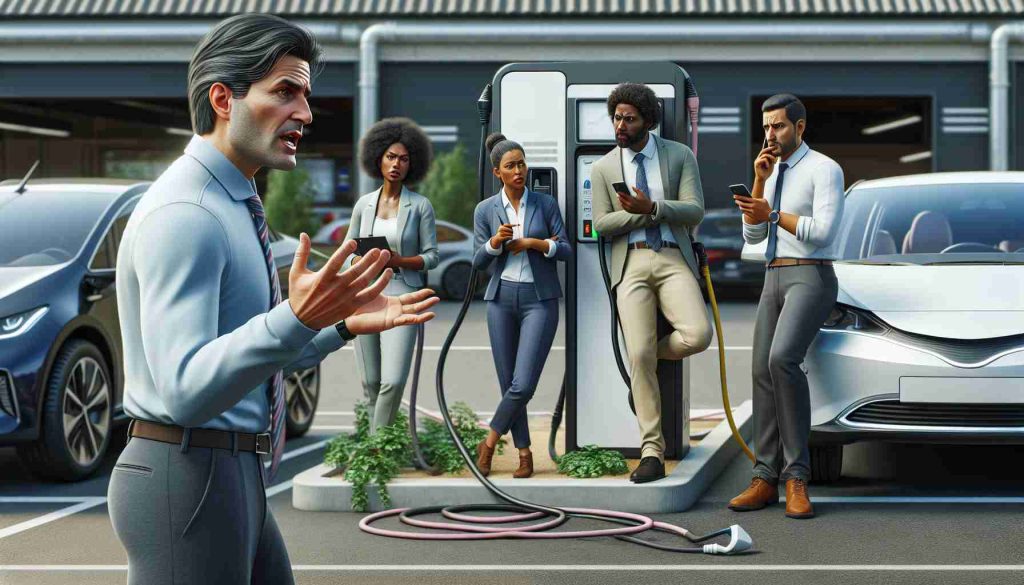- Tesla owners, like Bob Porter, increasingly feel uncomfortable due to Elon Musk’s controversial political affiliations.
- Some Tesla vehicles are perceived as symbols of Musk’s political views, causing unease among owners who did not intend to make such statements.
- Incidents like vandalism at a Vancouver Tesla dealership underscore the tension and criticism directed at Musk.
- Owners express their discontent through messages like Porter’s, clarifying that their purchase decision predated Musk’s political controversies.
- Analysts warn that Tesla could face challenges from shifting public opinion and rising competition, potentially impacting sales.
- The broader worry is that the controversies could impede the overall adoption of electric vehicles, affecting sustainability goals.
Driving an electric vehicle should feel like a small victory for the planet. But for Bob Porter, a longtime Tesla owner and president of the Vancouver Electric Vehicle Association, the thrill is wearing thin. Behind the wheel of his Tesla Model 3, he feels a growing unease, in part due to Tesla CEO Elon Musk’s polarizing political ties.
With Musk’s increasingly visible association with controversial political figures, some Tesla owners sense they, too, are being unfairly judged. The glossy exterior of Tesla vehicles now seems to carry an unintended message — a silent nod to a club that many owners, like Porter, never signed up for. Instead of a nod to sustainability, it feels more and more like a target.
The streets of Vancouver recently played host to this tension. Vandals marked a Tesla dealership with graffiti aimed squarely at Musk, reflecting a sentiment reverberating through online forums. While it only took a few days to scrub the walls clean, the lingering distrust won’t vanish as easily.
Porter is adamant that Teslas aren’t bumper stickers for Musk’s political declarations. A sticker on his car reading, “I bought this before Elon went crazy,” sums up his feelings and those of many other owners faced with assumptions about their loyalties.
Industry watchers aren’t turning a blind eye. Analysts warn of turbulent times ahead for Tesla, predicting that public opinion and growing market competition could steer potential buyers elsewhere.
The larger concern, though, is whether the friction surrounding Musk might slow electric vehicle adoption altogether. As the tone around Tesla shifts, so too might the pace at which the world embraces a greener future. In the shadow of Musk’s persona, Tesla’s journey towards sustainability faces fresh trials.
Is Elon Musk’s Persona Dimming the Electric Car Revolution?
Controversies & Limitations
The recent controversy surrounding Tesla CEO Elon Musk’s political affiliations highlights a growing concern in the electric vehicle (EV) community. Many Tesla owners, like Bob Porter, find themselves uncomfortable with the political implications associated with the Tesla brand. This is a phenomenon that is threatening to overshadow the environmental benefits of driving an electric vehicle.
Musk’s direct engagement with controversial figures has alienated some of Tesla’s diverse customer base. According to a report by Kelley Blue Book, consumer sentiment can significantly impact brand loyalty; in Tesla’s case, Musk’s actions may be causing some shift in this loyalty. This is especially concerning as EV adoption is at a crucial tipping point, and trust in brand stability is paramount.
Real-World Use Cases
Tesla remains a leader in EV technology, noted for its impressive range and innovative features, such as Autopilot. Despite a potentially polarizing brand image, Tesla vehicles continue to dominate the EV market thanks to their extensive Supercharger network and robust software architecture. Owners cite long trips and efficient urban commuting as significant advantages of owning a Tesla.
Market Forecasts & Industry Trends
The global EV market is projected to grow at a CAGR of approximately 29% from 2021 to 2028, according to Allied Market Research. However, Tesla faces increasing competition from established automakers entering the EV space, like Ford, General Motors, and Volkswagen, who are offering compelling alternatives with less political baggage. The success of these companies could shift consumer focus away from Tesla if the negative sentiment persists.
Pros & Cons Overview
Pros:
– Efficient Performance: Tesla vehicles offer high performance, with quick acceleration and long-range capabilities.
– Extensive Charging Network: The Supercharger network is vast, facilitating interstate travel.
– Cutting-edge Technology: Features like Autopilot provide advantages over many competitors.
Cons:
– Brand Perception: Musk’s public persona may deter some potential buyers.
– High Initial Cost: Although cheaper models like the Model 3 exist, Teslas are still seen as premium vehicles.
– Service Issues: Some owners report longer waits for repairs and service.
Security & Sustainability
Tesla continues to focus on sustainability, with efforts to source conflict-free materials for its batteries and invest in renewable energy solutions. Security issues, however, continue to be a point of concern, as with any connected vehicle, due to potential cybersecurity threats.
Actionable Recommendations
– Consider All Options: For prospective EV buyers, exploring alternatives like the Chevy Bolt or Nissan Leaf can provide comparable benefits without the associated brand stigma.
– Stay Informed: Keep abreast of industry trends and competitor innovations. Sites like Kelley Blue Book provide valuable insights into automotive trends.
– Test Drive: Experience various models firsthand to determine personal preferences and needs.
The EV landscape is rapidly changing, and while Tesla’s innovative edge remains, the company must navigate its public image carefully. For buyers and enthusiasts, staying informed and open to a range of brands might be the best strategy for a sustainable future.
